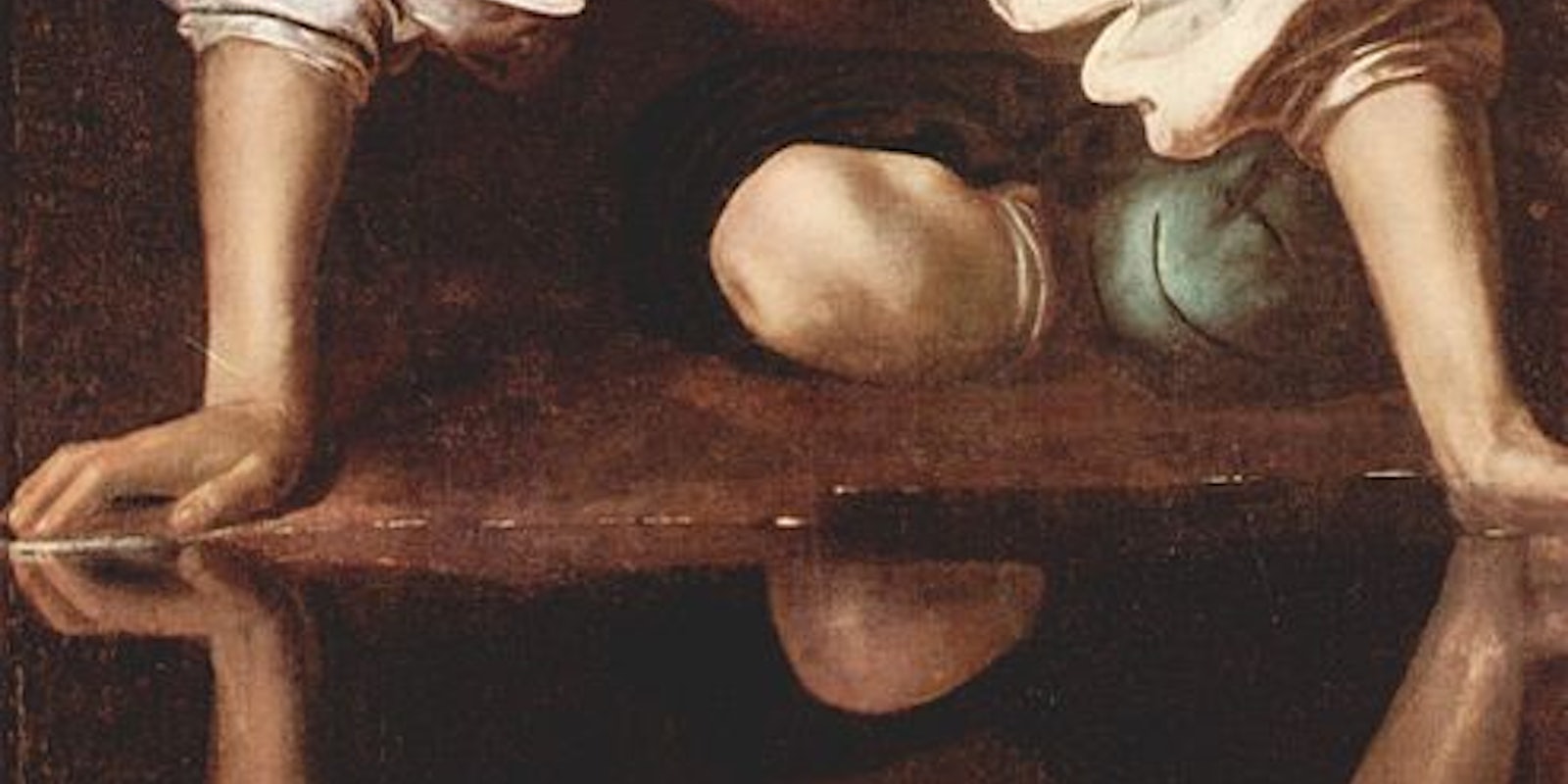There’s a horrible new trend sweeping across the video sharing site YouTube, where tween girls are posting videos asking strangers if they are ugly or if they are pretty. Or so say various media outlets that have run with the story.
If the “new trend” seems familiar to Internet savvy users, that’s because it is; people have been asking if they were pretty, or ugly, on the Internet since at least the year 2000. And this particular trend has been on YouTube since at least 2008.
The video that seems to have started the media buzz and accompanying outrage was uploaded onto YouTube in December by very young girl who goes by “Beautifulandproud.”
In the 23-second video, the tween-looking girl says, “I have a question. People tell me this all the time… is it true? People say I am ugly. So tell me, am I?”
Jezebel writer Katie Baker was ahead with this “new trend” four days ago, asking “How do we get YouTube to make this illegal?”
Mommy-blogger Amy Graff wonders on the San Francisco Chronicle:
“I only wish the online video site more closely monitored kids’ use. The site says it doesn’t allow kids under age 13 to upload videos so then why is there a video of an 11-year-old girl asking the world if she’s ugly? Where are this girl’s parents? Something is wrong with this picture.”
While Graff’s point is a fair one, “beautifulandproud” listed her age on YouTube as 21.
Media outlets have taken to highlighting the mean-spirited or trolling comments these videos attract, but as SkullOfYorick wisely wrote on a similar video:
“You’re NOT ugly. This type of video attracts trolls and perverts. Be confident in yourself.”
YouTuber CavalloRagazza called these types of videos “pointless” and “stupid” in her vlog. She added “there are mean-ass mother fuckers on YouTube” and putting videos on YouTube is not going to boost your confidence.
Micodinfoxxx was even more harsh in his vlog, calling the trend “bullshit” and a “retarded epidemic,” adding if you really thought you were ugly “you probably shouldn’t be making a video about it.”
Many of the videos for instance, feature very attractive people.
“Why do i watch these? I see some other guy who obviously isn’t the ugliest thing in the world, and read all the comments, and get really jealous and depressed,” wrote samivot on a video of a teen heartthrob asking if he was ugly.
This video trend has been going on for years.
They started showing up at least four years ago; some of the first instances were actually uploaded by young teen boys in 2008 and 2009. While the bulk of the thousand or so videos of this ilk are young girls, young men still make up at least a fourth of the videos.
Media outlets like UK’s Daily Mail and Forbes call these videos “dangerous.” But it’s important to remember that teenagers, and even grown-ups, have been seeking compliments and criticisms from strangers on the Internet since the Web became mainstream.
The trend isn’t isolated to YouTube: a search through Yahoo Answers reveals teens who have been posting pictures of themselves asking this very question since 2009.
The social news site Reddit has a subsection called “Am I Ugly?,” where people of all ages—from teens to 30-somethings—pose the same question. (Most happen to be male but that may have more to do with Reddit’s demographics.)
And going back even further, the rating site Hot or Not, created in 2000, asked exactly that.
In fact, when I was a teenager, I was very aware of people that would post photos of themselves to be critiqued by Internet strangers. Some people posted pictures of themselves for a confidence boost, others posted pictures of less attractive acquaintances out of spite.
I even remember visiting Internet forums not associated with Hot or Not in the late 90’s where teens would post pictures of themselves and ask this very question.
Since the media has picked up on this “new trend” in the last four days, the rate of people uploading “am I ugly, am I pretty” videos has increased dramatically.
Along with the growing number of tweens and teens jumping in and commenting on how “stupid” this “new trend” is, there has been a surge in the last 24 hours of parody videos; from clowns, to puppets, to even dogs asking their viewers if they are attractive.
YouTuber Buzz60 asks in her video where the parents are, but parents haven’t been able to monitor their children’s Internet access since the late 90’s.
Maybe instead of asking the question of “where are the parents,” and “why isn’t this illegal,” we should be asking “how do we get to the confidence level where we don’t care what strangers think of us?”
I reached out to Caroline Knorr, the parenting editor of Common Sense Media, to get some perspective on what parents could take away from these videos, and the notion of relying on strangers for compliments.
“Parents do need to understand that kids put a lot of stock in the feedback mechanisms that are online” Knorr said, adding that it’s “very natural for them to turn to a place where they are interested and invested” to get that feedback, even if it is from strangers, and not their friends and family.
Knorr was quick to point out that her organization “doesn’t believe in banning things,” and parents can’t monitor their children all the time. But, she said, “education is the best defense” in dealing with children’s insecurities. Knorr said one of the easiest ways to get children to talk about their insecurities is for “parents to share their own insecurities first.”
Maybe the best way for parents to get their children off YouTube is to use it themselves.
